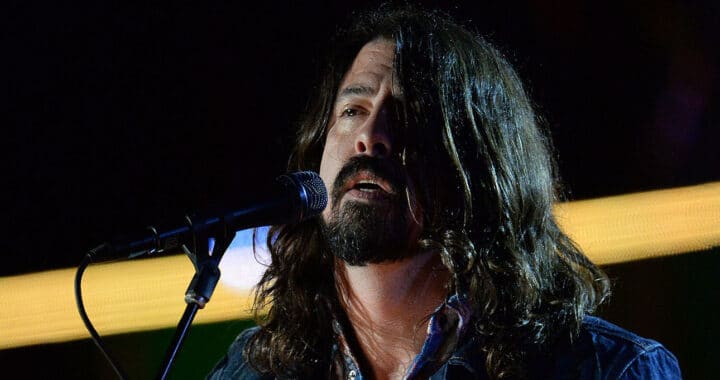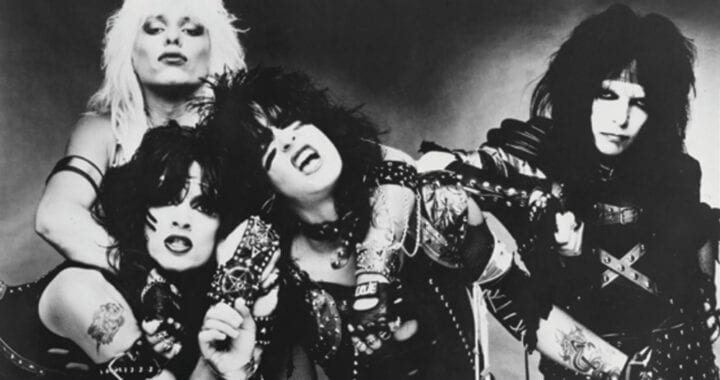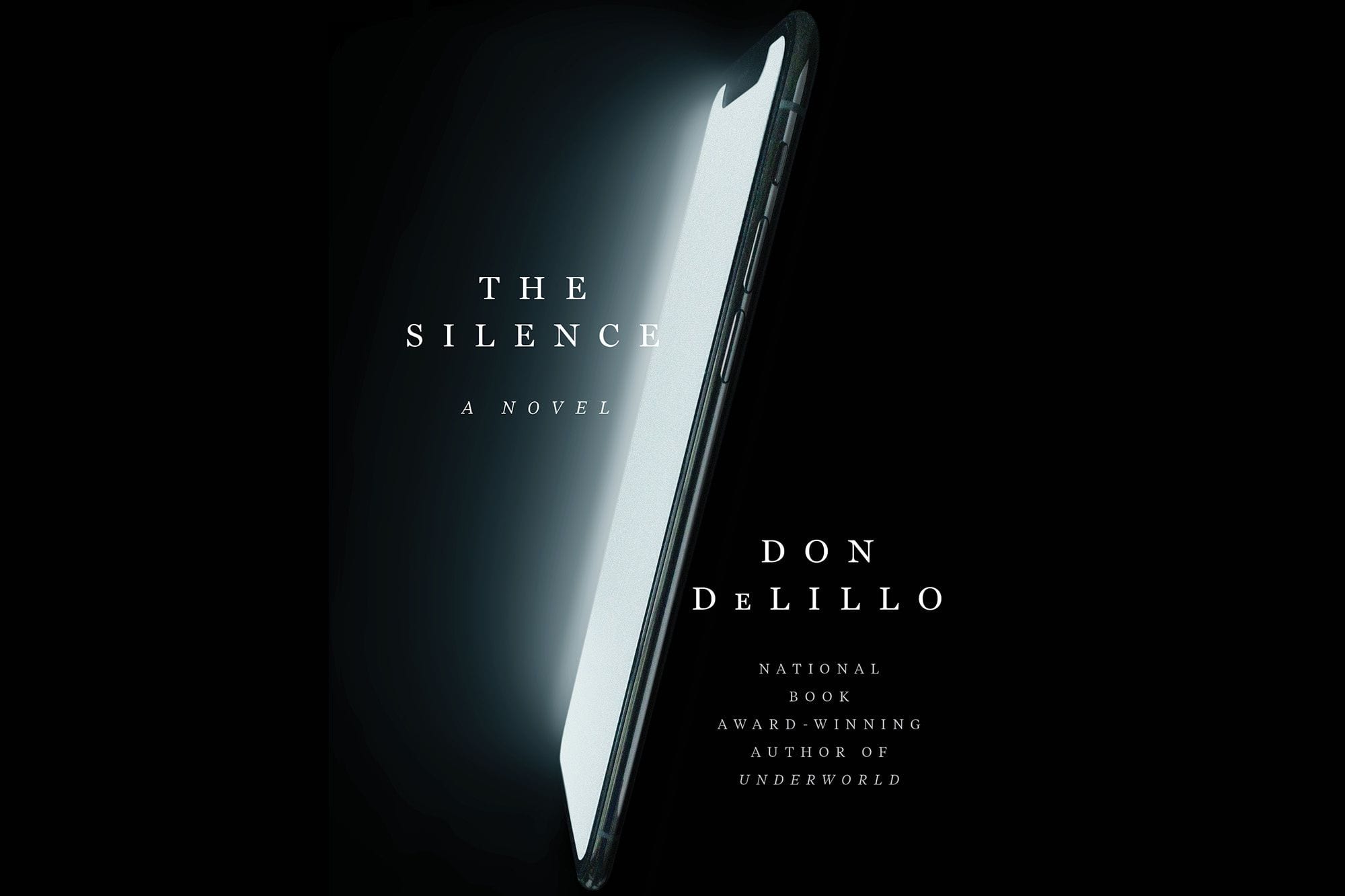
Is Noah Hawley’s ‘Anthem’ the First Great American Pandemic Novel?
Like Philip Roth and Kurt Vonnegut before him, Noah Hawley hopes his novel, Anthem, can compete with reality.

Like Philip Roth and Kurt Vonnegut before him, Noah Hawley hopes his novel, Anthem, can compete with reality.

Breaking form with his latest work, Crossroads, Franzen has not written a social novel. He has written an Antisocial Novel.

In his book The Storyteller, both successful Nirvana drummer and Foo Fighters frontman Dave Grohl the Punk, and lucky Dave Grohl the Everyman, come out smiling.

For intellectual historian Louis Menand, the Cold War gave rise to prospects and paradoxes in America, and Art was given status through essential criticism.

Nöthin’ But a Good Time takes readers on a loud tour of the monster decade of the ’80s, but not for the reasons you’d think.

There is nothing artificial about Kazuo Ishiguro’s Klara of ‘Klara and the Sun’. That’s the tragedy and the irony of being an Artificial Friend.

Easy to summarize but difficult to, um, flesh out, Chelsea G. Summers’ A Certain Hunger is, without a doubt, the Great American Female Serial Killer Novel.

In Don DeLillo’s The Silence, it is much like our post-pandemic life – everything changed but nothing happened. Are we listening?

A character named Magda dies, and lives, in language only in Ottessa Moshfegh's Death in Her Hands. But then again, don't all literary characters?

Deborah Feldman's memoir, Unorthodox, is more than a depiction, or even indictment, of the Satmar. It's an indictment of any patriarchal social system that shrinks young women's dreams to the size of a kitchen, and then blames them for it.

Not just for devotees or scholars, The Monster Theory Reader provides a framework for understanding humans at least as much as monsters.

Prolific literary critic Terry Eagleton tries to explain how but doesn't tell why, we shouldn't read about vacuum cleaners in How to Read Literature.